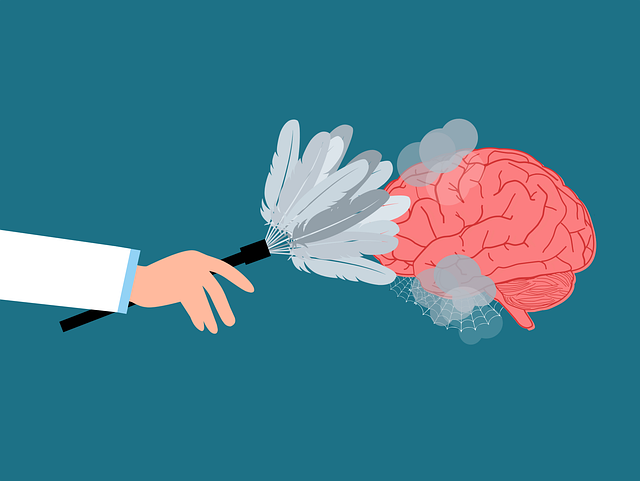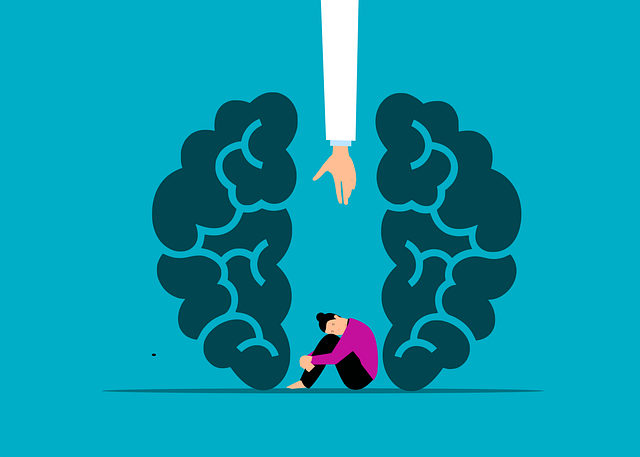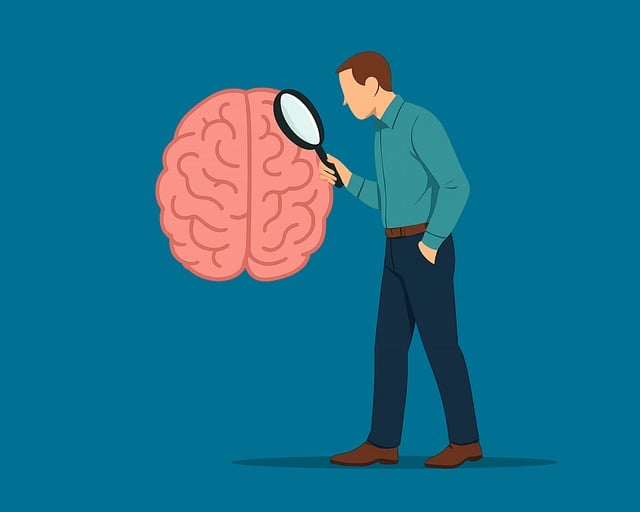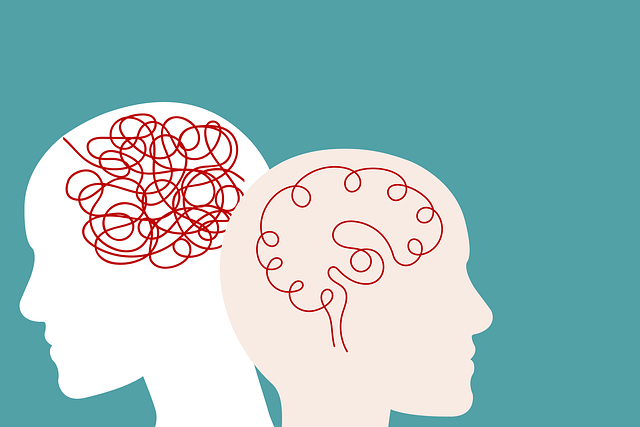Coping skills are essential tools for adolescent development, especially during therapy for gender identity exploration. Effective coping mechanisms help teens manage stress and regulate emotions, shaping their mental health trajectory. Techniques like reframing negative thoughts and mindfulness enhance emotional regulation and encourage positive self-care routines. Support groups and schools can offer workshops to empower adolescents with stress management tools. Therapeutic approaches like CBT and Family-Based Therapy aid in challenging negative thoughts, fostering open communication, and strengthening family bonds. Building resilience is crucial, especially for transgender and non-binary teens, who face unique challenges and may use unhealthy coping mechanisms. Cultural sensitivity in mental healthcare is essential to offer tailored support and crisis intervention guidance, promoting self-care and well-being during identity formation complexities.
Coping skills development is a crucial aspect of adolescent growth, especially when navigating complex issues related to gender identity. This article explores the significance of these skills in young people’s well-being and provides insights into various therapeutic approaches tailored for adolescent teens grappling with gender identity challenges. By understanding the impact of gender identity on coping strategies, we can offer effective techniques to build resilience and support teenagers during their transformative journey.
- Understanding Coping Skills and Their Significance in Adolescent Development
- The Impact of Gender Identity on Coping Strategies
- Therapeutic Approaches to Support Teenagers Navigating Gender Identity Issues
- Building Resilience: Effective Techniques for Coping Skills Development
Understanding Coping Skills and Their Significance in Adolescent Development

Coping skills are essential tools for adolescent development, especially during times of significant change and emotional upheaval. For teens navigating therapy, understanding and mastering these skills can significantly impact their overall well-being. The process involves learning to manage stress, regulate emotions, and adapt to challenging situations, all of which play a crucial role in shaping their mental health trajectory.
In the context of adolescent development, coping strategies are particularly vital for individuals exploring their gender identity. This period often brings unique stressors related to self-acceptance and societal expectations. By adopting effective coping mechanisms, teens can foster resilience and navigate therapy with greater ease. Mind over matter principles, such as reframing negative thoughts and practicing mindfulness, offer powerful tools to enhance emotional regulation and promote a positive self-care routine development for better mental health. Stress management workshops organized by support groups or schools can also equip adolescents with practical techniques to cope with stress, fostering a sense of control and empowerment.
The Impact of Gender Identity on Coping Strategies

The way individuals cope with stress and adversity can vary significantly based on their gender identity, which is a complex interplay of biological, psychological, and social factors. Research has shown that adolescents identifying as transgender or non-binary often face unique challenges that influence their coping strategies. For instance, they may experience higher rates of discrimination, bullying, and rejection, leading to increased anxiety and depression. As such, these teens might develop unhealthy coping mechanisms to deal with these stressors, such as self-isolation or engaging in risky behaviors.
Therapy for adolescent teens with diverse gender identities requires cultural competency training for healthcare providers. This ensures that therapists create safe, supportive environments tailored to each individual’s needs. Public awareness campaigns development and social skills training can also play a crucial role in fostering effective coping strategies. By promoting understanding and acceptance of gender diversity, these initiatives can empower young people to navigate their emotions and social interactions more positively, enhancing their overall well-being.
Therapeutic Approaches to Support Teenagers Navigating Gender Identity Issues

For teenagers grappling with gender identity issues, therapeutic approaches play a pivotal role in their journey towards self-acceptance and well-being. Cognitive Behavioral Therapy (CBT) is a widely recognized method that helps individuals challenge and reframe negative thought patterns related to their gender identity. By teaching adolescents to identify and alter distorted beliefs, CBT empowers them to develop healthier perspectives and reduce the impact of gender dysphoria. This therapeutic approach also equips teens with effective coping strategies to manage internal conflicts and external pressures.
Additionally, Family-Based Therapy has proven beneficial in supporting teenagers with gender identity concerns. This involves fostering open communication within the family unit, where parents are educated about gender diversity and encouraged to provide a supportive environment. Through structured dialogues and role-playing exercises, mental health professionals facilitate conversations that promote understanding, empathy, and acceptance. Such therapeutic interventions not only strengthen the family bond but also enhance the adolescent’s ability to navigate their identity journey with increased confidence and resilience.
Building Resilience: Effective Techniques for Coping Skills Development

Building resilience is a cornerstone of coping skills development, especially for adolescent teens navigating complex issues like gender identity. Effective therapy techniques focus on equipping young individuals with tools to manage stress and emotional crises. One such method is cognitive-behavioral therapy (CBT), which teaches teens to identify and challenge negative thought patterns, replacing them with more adaptive ones. This process empowers them to face challenges head-on rather than avoiding or dwelling on them.
Cultural sensitivity in mental healthcare practice plays a significant role in this development. Therapists sensitive to the unique experiences of transgender and non-binary teens can offer tailored support, ensuring that coping skills are relevant and effective. Crisis intervention guidance is also vital; it teaches teens how to de-escalate intense emotions during challenging times, promoting self-care and resilience. Through these evidence-based practices, adolescents gain valuable coping mechanisms, fostering a sense of control and well-being as they navigate the complexities of identity formation.
Coping skills development is a vital aspect of adolescent growth, especially when navigating complex issues like gender identity. By understanding and implementing effective therapeutic approaches, such as those discussed in this article, we can empower teenage individuals to build resilience and manage challenges related to their gender identity. These strategies are essential for fostering well-being and supporting adolescents on their journey towards self-acceptance and a positive sense of self. Effective therapy for adolescent teens with gender identity issues involves a multifaceted approach, combining education, support networks, and evidence-based techniques to enhance coping mechanisms and overall mental health.














